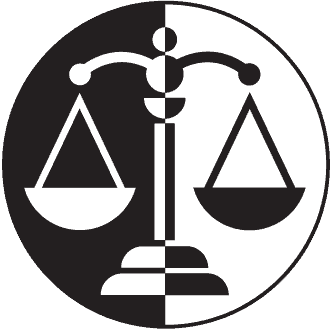Don’t make these Medicaid Mistakes:
Since Medicare coverage of a nursing home is limited to only 100 days of rehab after a hospital stay, qualifying for Medicaid to pay for skilled nursing care can be very important for many families who don’t have unlimited funds to pay for long-term care. Unfortunately, some financial decisions you make before you apply for Medicaid can hurt your ability to qualify for coverage of your nursing home stay.
When you apply for Medicaid, the caseworker will review the past five years of your bank statements. If you’ve made transfers of assets or large cash gifts to others during that five-year period, the caseworker will “sanction” you, which means you will be deemed ineligible for the period of time the money you gave away could have paid for your nursing home care.
If you may need to apply for Medicaid for yourself or a spouse in the future, don’t do these things:
-
Don’t pay caretakers or home-health aides in cash. Before going to a nursing home, people often pay friends or family or other workers to help them in their home. Hiring a private individual is often cheaper than using a home-health agency, but these individuals often want to be paid in cash “under the table.” Don’t agree to this arrangement! If you don’t have a written care agreement, invoices, and checks showing the payments to the caregiver, then Medicaid will likely deem those cash withdrawals from your account as a transfer of assets.
- Don’t make large gifts of cash or property to your children, grandchildren, and others. It’s fine to continue giving your children or grandchildren $50 or $100 every year on their birthdays and Christmas, but multiple random gifts of $500 or more or buying your grandchild a car, etc., can be deemed a transfer of assets that causes a sanction period.
- Don’t throw away receipts for large purchases or deposits. The Medicaid caseworker will question every deposit and withdrawal over a few hundred dollars during that five-year period, and you’ll need to be prepared to show them where the money went or came from if you don’t want those withdrawals deemed as a transfer of assets. Keep good financial records.
- Stop withdrawing cash at the ATM or writing checks to Cash and using the money to pay for purchases, restaurants, and bills. If you may need Medicaid in the future, it will be very difficult to prove where all that cash went, and if you can’t show how you spent it, the Medicaid caseworker will likely presume that you gave it away.
While transfers of cash to family and friends can cause problems for Medicaid eligibility, there are certain types of transfers of assets that can be made without a “sanction” or “penalty” for Medicaid qualification purposes. Elder law attorneys can often help clients transfer their homes and other assets without a Medicaid sanction or penalty. If you may need Medicaid in the future, consult an experienced elder law attorney before making any gifts of your assets to ensure that you don’t jeopardize your ability to qualify.
Amanda Spence has been practicing Elder Law and assisting clients with Medicaid planning in Raleigh, North Carolina since 1995. If you want to discuss protecting your assets from the catastrophic cost of nursing home care, contact Ms. Spence by telephone at (919) 863-4183 or by email at aspence@allenspence.com.

